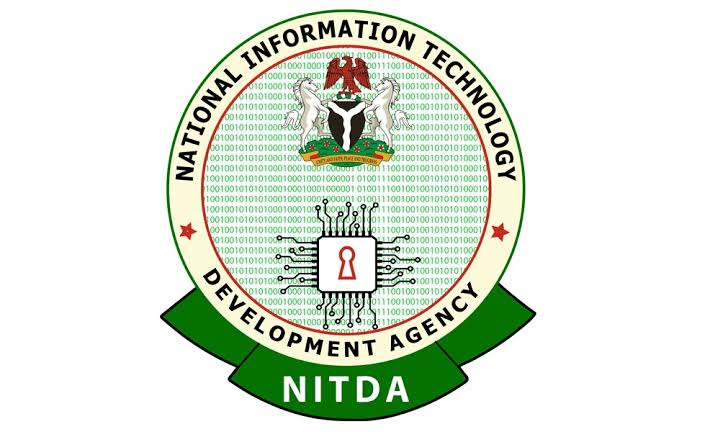The National Information Technology Development Agency (NITDA), the Nigeria Governors’ Forum (NGF) and other stakeholders have convened to review the Digital Public Infrastructure (DPI) Life Events and the draft Technical Standards for Nigerian Data Exchange (NGDX).
This was the crux of a two-day public review with the theme “Advancing Nigeria’s Digital Public Infrastructure through Standards, Data Exchange, and e-Government Transformation”, which ended in Abuja on Thursday.
Stakeholders, who brainstormed on the critical sector, said the review of both drafts was aimed at harmonising diverse inputs towards building secure, interoperable, inclusive systems for governance and service delivery.
Director-General of NITDA, Kashifu Inuwa, in his remarks, called on NGF to take proactive measures to ensure an inclusive and co-created DPI.
Kashifu, who was represented by Dr Wariowei Dimie, Director, Corporate Planning and Strategy, noted that co-creating the DPI would enable for smooth implementation.
He said; “The two drafts work together to ensure that our desire to make Nigeria a digitally empowered country is achieved. The federal government cannot do it alone, the sub nationals are going to be a critical part of this so that it will be a whole-of-government approach to solving our critical problems.”
“I urge all of us to participate fully so that we can co-create and co-own this framework for better articulation,” Inuwa said.
Also speaking during the event, Dr Abdulateef Shittu, Director-General of NGF, highlighted the aim which he said was an “interoperable and inclusive governance system that cannot be done in isolation,” even as urged a more robust collaboration between the federal and state governments to make this onerous task a reality.
Represented by Mr Shina Ayotola, Chief Programme Officer of NGF, Shittu said NGF had been deliberate in its efforts at enhancing digital transformation, stressing their DPI Readiness Report, an assessment of digital public infrastructure, policies and capabilities across states of the federation.
“Already, the findings of the DPI Readiness Report are shaping conversations, informing policy design and institutional reforms.
“It has given states the tools to benchmark their progress, learn from each other and align with national digital transformation initiatives,” he said.
Permanent Secretary, Federal Ministry of Communications and Digital Economy, Mr Adeladan Olarinre, in his remarks, pointed out that the DPI had become the mainstay of 21st century governance for better service delivery.
Represented by Mr Johnson Bareyei, Director, e-Government, Olarinre stated that DPI referred to the foundational digital systems that enabled seamless identification, secure payments and trusted data exchange.
“For Nigeria, the deployment of DPI is not just a technological aspiration; it is the foundation upon which we can deliver inclusive economic growth.
“It can reduce transaction costs in governance, improve public service delivery and foster trust between government and citizens.
“DPI will help us achieve the goals of the Renewed Hope Agenda by ensuring that no Nigerian is left behind in the digital economy,” he said.
Representatives of states such as Kaduna, Katsina, Zamfara, among others, expressed their enthusiasm and support for the initiative.





